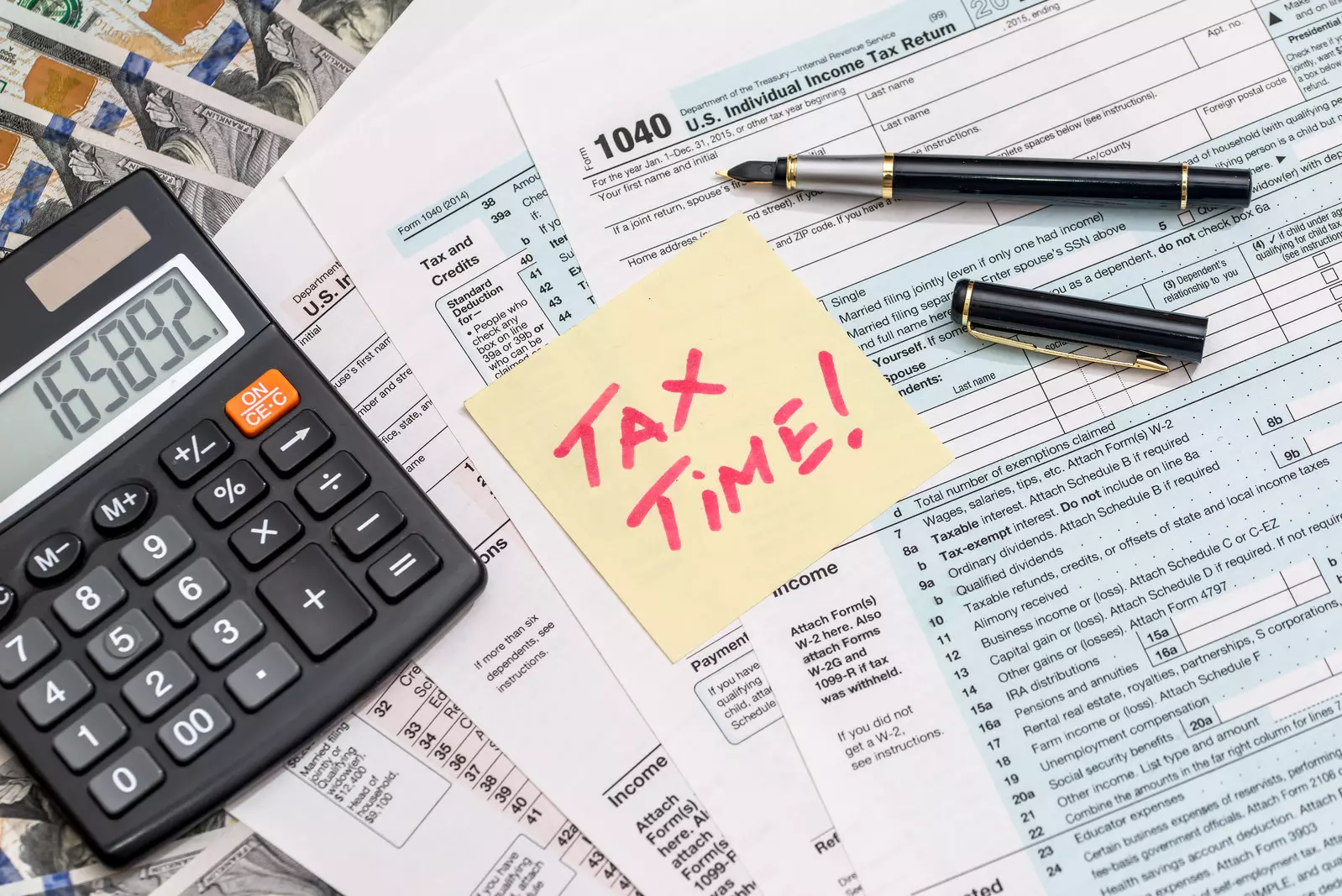
You’ve seen the ads—flashy banners promising life-changing jackpots, emails claiming you’ve won a prize you never entered, or social media posts about “secret” high-payout opportunities. The thrill of a big win is intoxicating, but let’s be honest: where there’s money, there are scams. So how do you separate the real deals from the traps?
The Red Flags of Jackpot Scams
Scammers are crafty, but they often follow the same playbook. Here’s what to watch for:
- Upfront fees: Legitimate contests don’t ask for money to claim your prize. If they demand payment for “processing” or “taxes,” run.
- Too-good-to-be-true claims: “Win $1 million with no effort!” Yeah, no. Real high-payout opportunities usually require skill, luck, or investment.
- Pressure tactics: Urgency (“Claim now or lose it!”) is a classic scammer move. Legitimate companies won’t rush you.
- Vague terms: If the rules are unclear or buried in fine print, that’s a warning sign.
- Unverified platforms: Random websites, shady social media accounts, or unsolicited messages? Proceed with extreme caution.
How Legitimate High-Payout Opportunities Work
Not all big wins are scams—plenty of real avenues exist. Here’s how the legit ones operate:
1. Licensed Lotteries and Sweepstakes
Government-regulated lotteries (like Powerball or EuroMillions) have transparent rules, public winners, and no hidden fees. Sweepstakes from reputable brands (think Coca-Cola or McDonald’s Monopoly) follow strict legal guidelines.
2. Skill-Based Competitions
Poker tournaments, eSports leagues, or coding challenges offer massive payouts—but you’ve got to earn them. These aren’t luck-based; they reward talent and effort.
3. Investment-Linked Opportunities
High-yield investments (like certain crypto staking or dividend stocks) can pay out big, but they’re not “get rich quick” schemes. They require research, risk tolerance, and patience.
Spotting the Real Deal: A Checklist
Before diving into any high-payout opportunity, ask these questions:
- Is the company or platform verifiably licensed? Check official registries or regulatory bodies.
- Are there independent reviews or testimonials from real users? Scammers often fake these, so dig deeper.
- Does the opportunity have clear, accessible terms? No jargon-filled loopholes.
- Is the payout structure realistic? Compare it to industry standards.
- Can you find proof of past winners? Legit operations showcase them proudly.
Current Trends in Jackpot Scams
Scammers evolve. Lately, watch for:
- Crypto “giveaways”: Fake Elon Musk tweets promising double your Bitcoin? Pure fiction.
- Fake lottery notifications: Emails claiming you’ve won a foreign lottery you never entered.
- Social media impersonation: Fraudsters posing as influencers or brands offering “exclusive” jackpots.
What to Do If You’ve Been Scammed
Mistakes happen. If you’ve fallen for a scam:
- Stop all contact with the scammer immediately.
- Report it to authorities (like the FTC or your local consumer protection agency).
- Notify your bank if you’ve shared financial details.
- Warn others—share your experience on review platforms or forums.
Final Thought: Trust, but Verify
The dream of a jackpot isn’t foolish—it’s human. But in a world full of too-good-to-be-true promises, a little skepticism goes a long way. Do your homework, trust your gut, and remember: real wealth rarely comes from blind luck.
